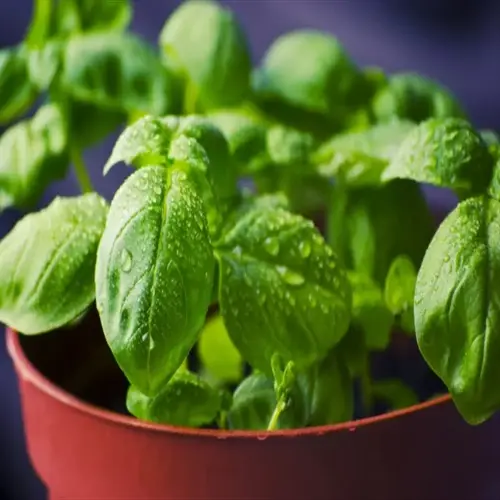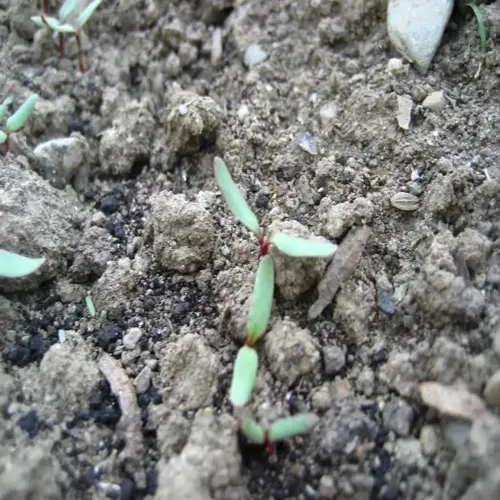Can I use coffee grounds for blueberries?

Written by
Paul Reynolds
Reviewed by
Prof. Samuel Fitzgerald, Ph.D.Although coffee grounds are often recommended for blueberry plants, their use is limited. Coffee grounds offer nitrogen benefits similar to those of dry leaves, as they break down relatively slowly over time. However, using them as a sole amendment showed little improvement in pH ranges in my testing. Overall, they are most effective when used in conjunction with stronger acidifiers, such as sulfur. Soil testing is the most effective method to ensure success.
Mix grounds with pine bark mulch for a better outcome. Tannins from the bark help with acidity, and the grounds provide nitrogen. My plants did well with the combined mix. Still monitor the pH once a month with digital meters. Blueberries require a pH range of 4.0-5.0 to absorb iron. Maintain a consistent pH.
Preparation Methods
- Compost grounds with oak leaves first
- Mix with equal parts pine bark fines
- Apply thin layers to avoid compaction
- Water thoroughly after application
Supplemental Amendments
- Add elemental sulfur quarterly
- Use iron sulfate monthly during growing season
- Incorporate peat moss into soil annually
- Test pH every 3-4 weeks
Use grounds as supplements instead of primary acidifiers. They add organic matter but do not provide enough acidity. I now use them blended with cottonseed meal or other specific fertilizers instead. This keeps plants healthier. Remember to stay away from fresh ground on soil as it can imbalance nitrogen sources.
Combine grounds with other organic materials. Add acidic fertilizers, every month during the growing season. I also apply sulfur, quarterly, along with the composted grounds. The plants have deeper green leaves and increased berry production. Container gardening allows for greater precision when applying these amendments.
Read the full article: How to Grow Blueberries in Pots Successfully

